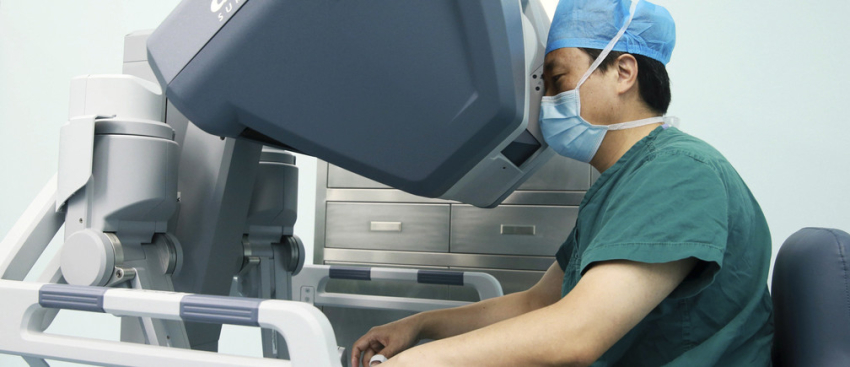BEIJING – A Chinese hospital on Thursday launched free consultations featuring artificial-intelligence (AI) cameras to detect ocular fundus diseases, which are major causes of blindness.
Deqing county hospital in Guangdong Province become the first to use the device, co-developed by China’s search engine Baidu and Sun Yat-sen University, to serve the general public, Baidu told Xinhua.
The instrument is capable of diagnosing three types of fundus disorders — diabetic retinopathy, glaucoma, and macular degeneration. It scans the eyes and generates a report in 10 seconds, all done without the need for an ophthalmologist to be present.
With an accuracy rate of 94 percent, it has previously been piloted in hospitals in nine Chinese provinces, according to Baidu.
Though it may be interpreted as AI threating the jobs of doctors, Baidu said the new tool aimed to alleviate the scarcity of ophthalmologists, especially in China’s rural regions.
Fundus diseases are a major cause of blindness in the developing world, where the short supply of eye doctors and instruments has stymied timely diagnosis and treatment. China, with a population of 1.39 billion, has only thousands of ophthalmologists capable of analysing fundus photos screening.
Xu Yanwu, a Baidu engineer developing the instrument, said the AI cameras were specifically designed to address the lack of medical instruments and ophthalmologists at grassroots health facilities.
“It is easy to use and can be operated by a non-professional. Its 94-percent sensitivity and specificity at analysing photos can match a senior doctor at a tertiary hospital,” Xu said.














